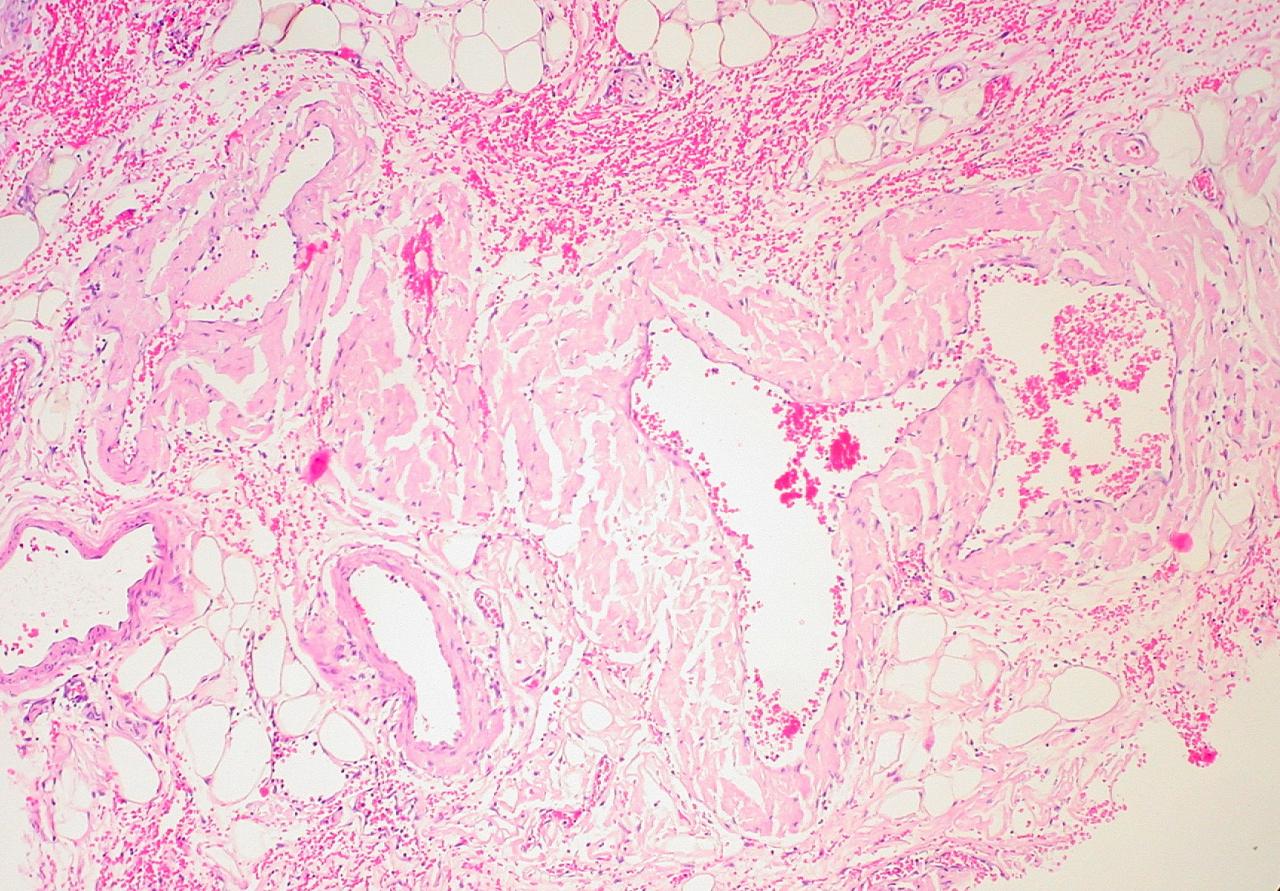 Photo: Getty Images
Photo: Getty Images
As I learn more about my family history and the history of the diseases in my family, I understand why my mother thinks my grandmother may be experiencing symptoms that I don’t see when I watch her every day. Last night my mom shared information about what happened to my great aunt, my grandmother’s sister, in her declining years. My aunt was diagnosed with Alzheimer’s disease and dementia, and toward the end of her life she had difficulty understanding where she was, and talking, or remembering family members. My grandmother’s doctors have made the dementia diagnosis for my grandmother as well.
According to the National Institute of Aging, Alzheimer’s disease is an irreversible, progressive brain disease that slowly destroys memory and thinking skills, and eventually even the ability to carry out the simplest tasks. Symptoms of Alzheimer's disease typically appear after the age of 60. It is the leading cause of dementia, which is a group of diseases that causes a loss of social skills and intellectual ability, and that impairs the ability to do activities of daily living. Alzheimer’s causes death to the cells of the brain.
It is sometimes difficult to diagnose Alzheimer’s because the mildest symptoms are forgetfulness and slight confusion. As the disease progresses it begins to impact the ability to write and speak coherently. People have progressive difficulty finding the words to describe objects or their mental or emotional states. Memory loss becomes more than occasional. People repeat statements or questions continually, forget having conversations and eventually forget objects or names of people they know or are related to. The brain begins to have problems with spatial relationships like today’s date or time or difficulty interpreting their environment. People can also become disoriented in familiar surroundings. There can be behavioral and mood changes in people with Alzheimer’s too. They may experience irritability and aggressiveness, mood swings, insomnia, depression, anxiety, and wandering.
In the next blog we will talk about new research that may allow us to understand genetic components.
Live Vibrantly,
Sources:
http://www.mayoclinic.com/health/alzheimers-disease/DS00161
http://www.nia.nih.gov/Alzheimers/Publications/adfact.htm
Reviewed August 5, 2011
by Michele Blacksberg R.N.
Edited by Jody Smith
Live Vibrantly,
Dr. Dae's website: www.healthydaes.com
Dr. Dae's book: Daelicious! Recipes for Vibrant Living can be purchased @ www.healthydaes.com
Dr. Dae's Bio:
“Dr. Dae" (pronounced Dr. Day) Daemon Jones is a Naturopathic Physician who treats the whole person using safe and effective combinations of traditional and natural methods to produce optimal health and well-being in the lives of her patients.






Add a Comment1 Comments
For reducing Alzheimer's Disease there is a very helpful diet which is having ground turmeric. Ground Turmeric comes in powder and capsules. You can find them at any local food store. It's a spice with lots of useful health benefits.
Melissa
August 11, 2011 - 7:57pmThis Comment